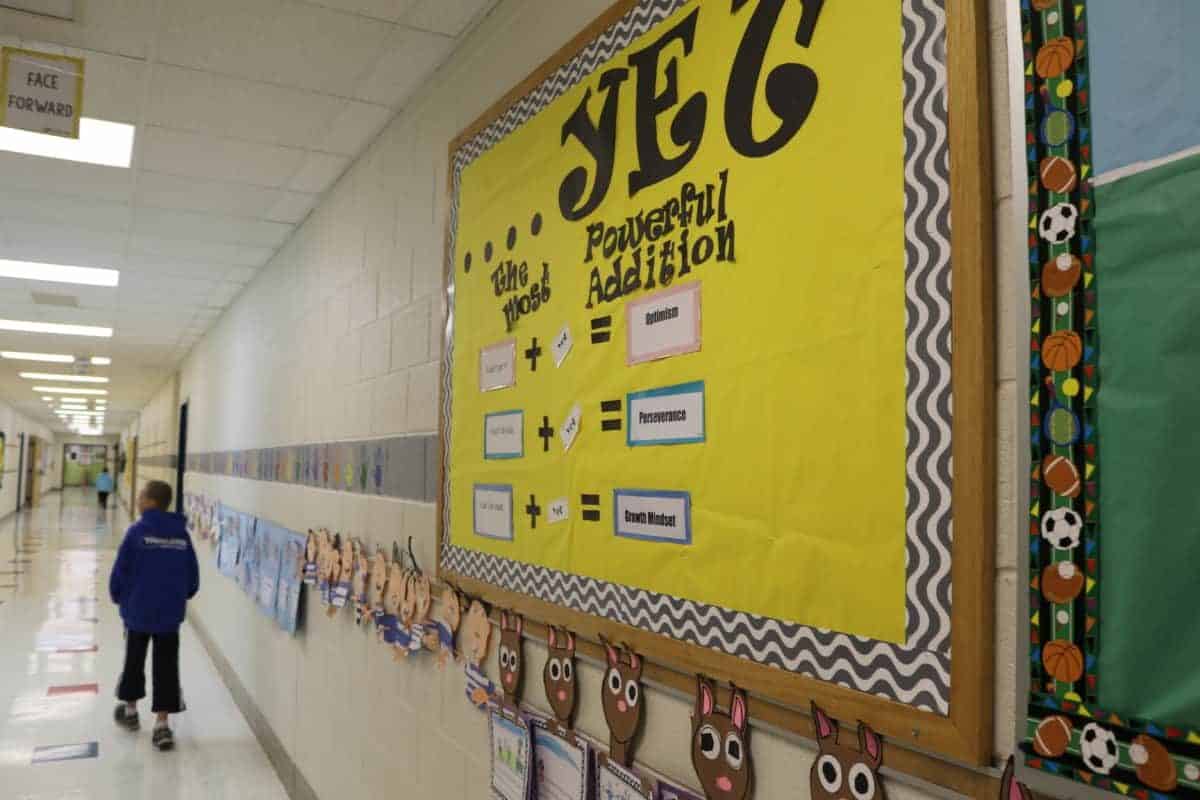

Classical ballet begins with the five positions of the feet and arms. Football fundamentals consist of blocking and tackling. Clarity in writing rests on spelling and grammar.
But of course, the ballet audience, stadium crowd, and book club don’t marvel at the basics. You go to a ballet to enjoy the artistry of music and movement, of lifts and leaps. At a football game, you cheer for the scrambling quarterback and the fast receiver who makes a one-handed catch. You read a short story, or biography, or a magazine essay to be inspired or informed.
Today’s society promotes and rewards innovation, creativity, entrepreneurship, discovery, reinvention; and, especially in education, reform. In politics and public life, the quest is often for the next bright idea, the program or project that promises a solution to a confounding problem — and a measure of credit to an elected official. As the great debate over education proceeds through 2019, North Carolina will face the challenge of blending new ideas and enduring fundamentals.
Consider the recent Dallas Herring Lecture at N.C. State University delivered by Karen Stout, president and CEO of Achieving the Dream, a national non-governmental leader in bolstering community colleges. (MDC, the Durham-based nonprofit think-tank, incubated the founding of Achieving the Dream.) Stout spoke specifically of community colleges, but her advice has relevance to preK-12 education as well.
“Our collective efforts have not met our goals,’’ she said, pointing out that fewer than four in 10 community college students earn a credential in six years. What’s needed, she said, is a “reforming of our reforms’’ with an urgent need to build a “culture of teaching and learning excellence.”
Stout suggested that community colleges set up centers for teaching and learning as instruments for elevating faculty quality and professionalism. She especially stressed working to increase the success rate of minority and low-income students.
“The bold action is right in front of us,’’ she said. “…The big idea is not new.”
A similar message comes across in the evaluation of education grants that originated as part of the federal stimulus package in response to the 2008-09 major recession. An independent assessment of the first 67 programs, derived from $700 million in grants, found that only 12 resulted in raising student achievement. In all, the federal government funded nearly 200 ideas with $1.5 billion in grants.
Perhaps there is good news in knowing that the tax-funded grants come with rigorous evaluation — and that lessons can arise from both success and failure. Still, as Barbara Goodson, one of the independent researchers noted, “the dirty secret of all of education research (is that) it is really hard to change student achievement.”
Goodson was quoted at some length in The Hechinger Report, an education-journalism publication based at Columbia University in New York City.
“Why is innovation so hard in education?” asked The Hechinger Report. “To Goodson, who has specialized in early childhood education research for 40 years, the problem is that learning is ultimately about changing human behavior and that is always difficult for adults and children. And so many other things — like nutrition, sleep, safety and relationships at home — affect learning.”
Creative writers, dancers, and athletes, as well as corporate executives and professionals, hone their skills through study, practice, and relationships with coaches and mentors. The hours of drudgery that lithe ballerinas spend at the barre and that stout linemen spend hitting the blocking sled pay off in public performance. But like a coach who skimps on practice time, North Carolina has stinted over the past decade on the essentials of educational advancement: pay and professional development that result in high-quality teachers in classrooms and strong principals as education leaders in schools.
Through schools, colleges, and universities, the nation enhances capitalism through informed consumers, trained workers, and innovative entrepreneurs, and the nation enhances democracy through knowledgeable policymakers and thinking citizens. If education for everyone can appear discouragingly difficult, the effort remains central to American life.


